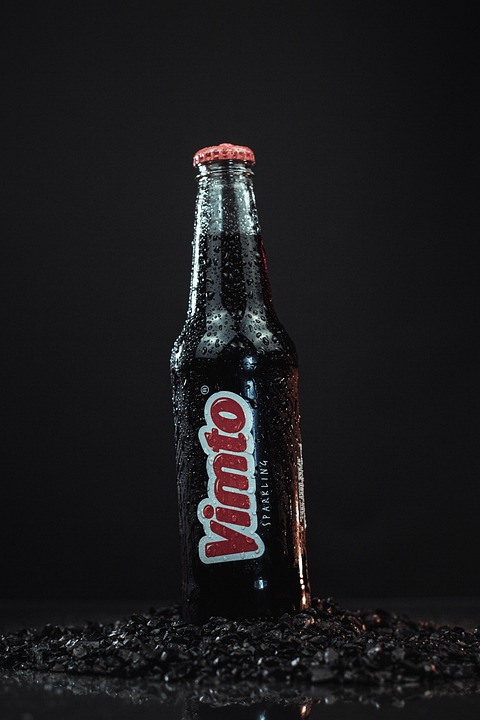Introduction
Global sugar taxes and health regulations have been on the rise in recent years as governments around the world aim to tackle the obesity epidemic and promote healthier food choices. These regulations have put pressure on brands to rethink their product offerings, marketing strategies, and overall business models. In this report, we will analyze how brands are responding to these challenges, the financial implications of these changes, and the overall impact on the industry.
Changing Consumer Preferences
Rising Awareness of Health Issues
Consumers are becoming increasingly aware of the negative health effects of excessive sugar consumption, including obesity, diabetes, and heart disease. As a result, there has been a shift in consumer preferences towards healthier, lower-sugar options. Brands are now under pressure to reformulate their products, reduce sugar content, and offer healthier alternatives to meet the changing demands of consumers.
Impact on Brand Loyalty
Brands that fail to adapt to these changing consumer preferences risk losing market share and brand loyalty. Consumers are more likely to switch to competitors that offer healthier options, leading to a decline in sales and profitability for brands that are slow to respond to these trends.
Response of Brands
Product Reformulation
Many brands have started to reformulate their products to reduce sugar content and meet the requirements of sugar taxes and health regulations. This involves using alternative sweeteners, reducing portion sizes, and launching new product lines that are lower in sugar. For example, Coca-Cola has introduced Coca-Cola Zero Sugar and Diet Coke as healthier alternatives to their traditional soda offerings.
Marketing Strategies
Brands are also changing their marketing strategies to promote their healthier products and communicate their commitment to health and wellness. This includes launching advertising campaigns that highlight the lower sugar content of their products, partnering with health and fitness influencers, and sponsoring events that promote healthy living.
Financial Implications
Cost of Reformulation
Reformulating products to reduce sugar content can be costly for brands, as it requires research and development, testing, and potentially changes to manufacturing processes. This can impact profit margins and lead to increased prices for consumers, which may affect sales volume and overall revenue.
Market Share and Competitiveness
Brands that successfully respond to global sugar taxes and health regulations can gain a competitive advantage in the market and increase their market share. Consumers are more likely to choose brands that offer healthier options, leading to increased sales and brand loyalty. However, brands that fail to adapt may lose market share to competitors that offer healthier alternatives.
Industry Insights
Emerging Trends
The food and beverage industry is witnessing a shift towards healthier and more transparent products, driven by consumer demand for healthier options and increased government regulation. Brands that are able to innovate and adapt to these trends are likely to succeed in the long term, while those that resist change may face challenges in the future.
Collaboration and Partnerships
Some brands are partnering with health organizations, non-profit groups, and government agencies to promote healthier eating habits and raise awareness about the negative health effects of excessive sugar consumption. These collaborations can help brands enhance their reputation, build trust with consumers, and demonstrate their commitment to health and wellness.
Conclusion
In conclusion, brands are responding to global sugar taxes and health regulations by reformulating their products, changing their marketing strategies, and adapting to changing consumer preferences. The financial implications of these changes are significant, with brands facing increased costs of reformulation and potential loss of market share if they fail to respond effectively. However, brands that successfully navigate these challenges can gain a competitive advantage and strengthen their position in the market. It is clear that the food and beverage industry is undergoing a transformation towards healthier and more sustainable products, and brands that embrace this change are likely to thrive in the long term.




